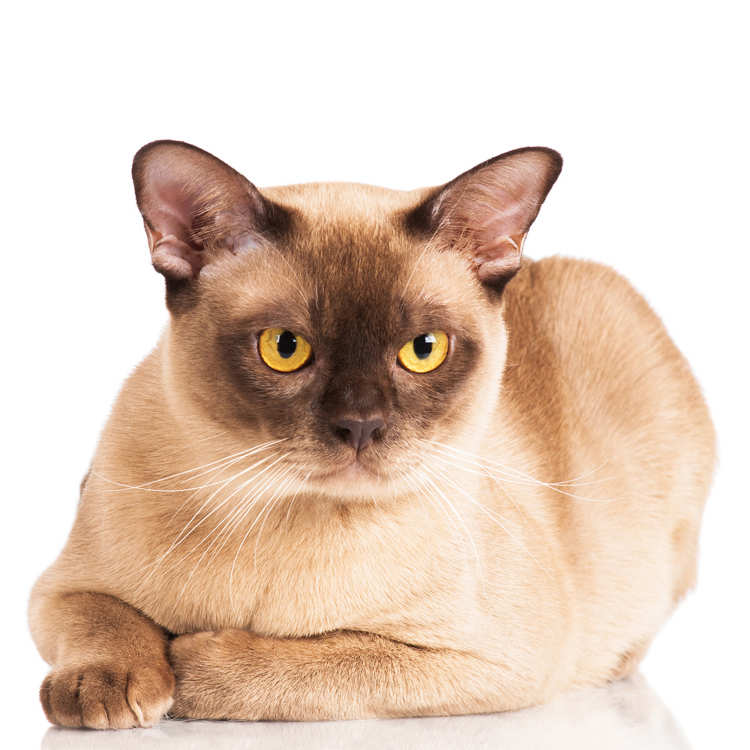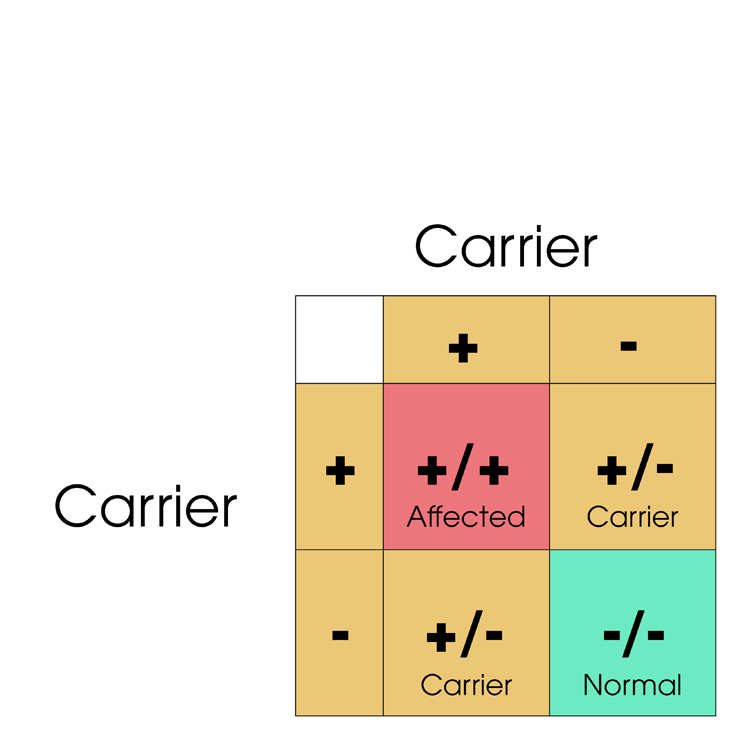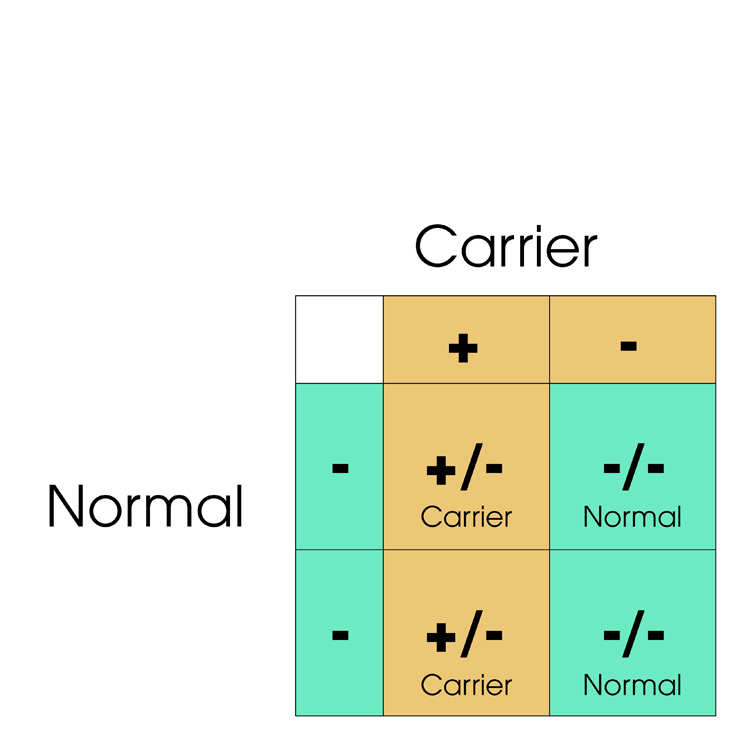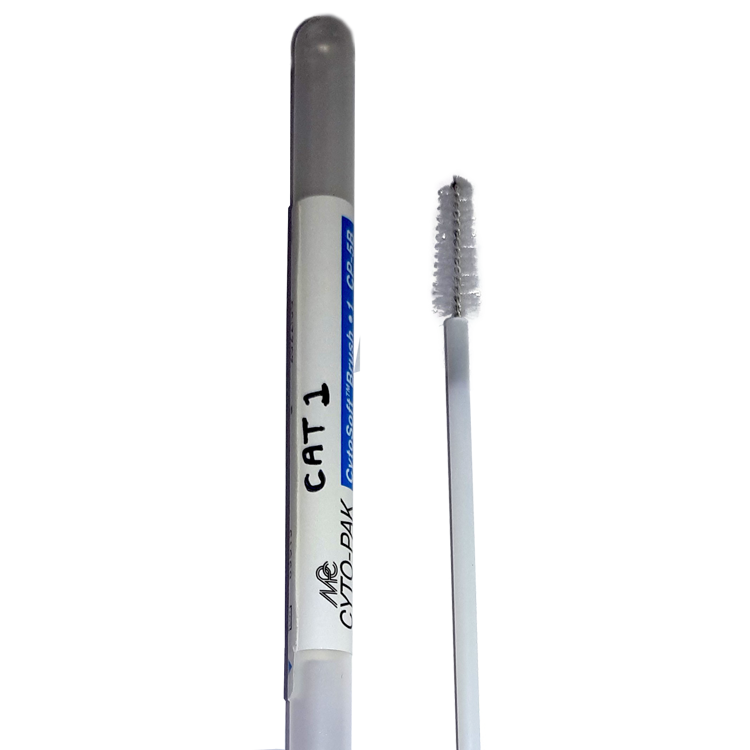About the disease
About the test
A research team consisting of veterinarians and geneticists from the University of Bristol (Langford), UC Davis, University of Sydney, Massey University and Justus Liebig University have recently identified the genetic mutation responsible for Burmese hypokalaemia, allowing a genetic test to be developed. This is an autosomal recessive disease, meaning that two copies of the mutated gene are required for disease.
Interpretation of results
A Normal Burmese Hypokalaemia genetic test result means that the cat does not have the known genetic mutation causing Burmese Hypokalaemia.
A Carrier Burmese Hypokalaemia genetic test result means that the cat has one copy of the Burmese Hypokalaemia mutation. The cat will not have Burmese Hypokalaemia, but may pass the mutation to their offspring.
An Affected Burmese Hypokalaemia genetic test result means that the cat has two copies of the Burmese Hypokalaemia mutation. The cat will have Hypokalaemia.
Each certificate we issue will specify whether the cat is Normal, Carrier or Affected for the known Burmese Hypokalaemia mutation.
What are the genetics of breeding?
What do I do with a Carrier?
What do I do if I have an Affected cat?
Affected cats can usually be managed effectively by giving potassium supplements to their diet. This will reduce the signs of disease or minimise their frequency and severity.
In some Affected cats, signs of disease seem to disappear when they get to 1-2 years of age without the need for further treatment.
Frequently Asked Questions
Can my cat go on the ICC / GCCF negative registers?
Yes, cats that have been tested and are clear of specific genetic diseases can. For cats to be placed on the negative register with organisations such as ICC or GCCF the sample (mouth swab or blood sample) MUST be taken by a vet who confirms the cat’s identity using its microchip number. The microchip number must be written on the submission form AND sample.
We have a dedicated submission form for this purpose, which both the owner and vet must complete. Our result certificate will state that the cat’s identity was confirmed by a vet and you can use this to register the cat on the ICC negative register.
If you DO NOT want your cat to go on these registers then you can take a mouth swab and submit it directly to the lab.
Click here to download -





